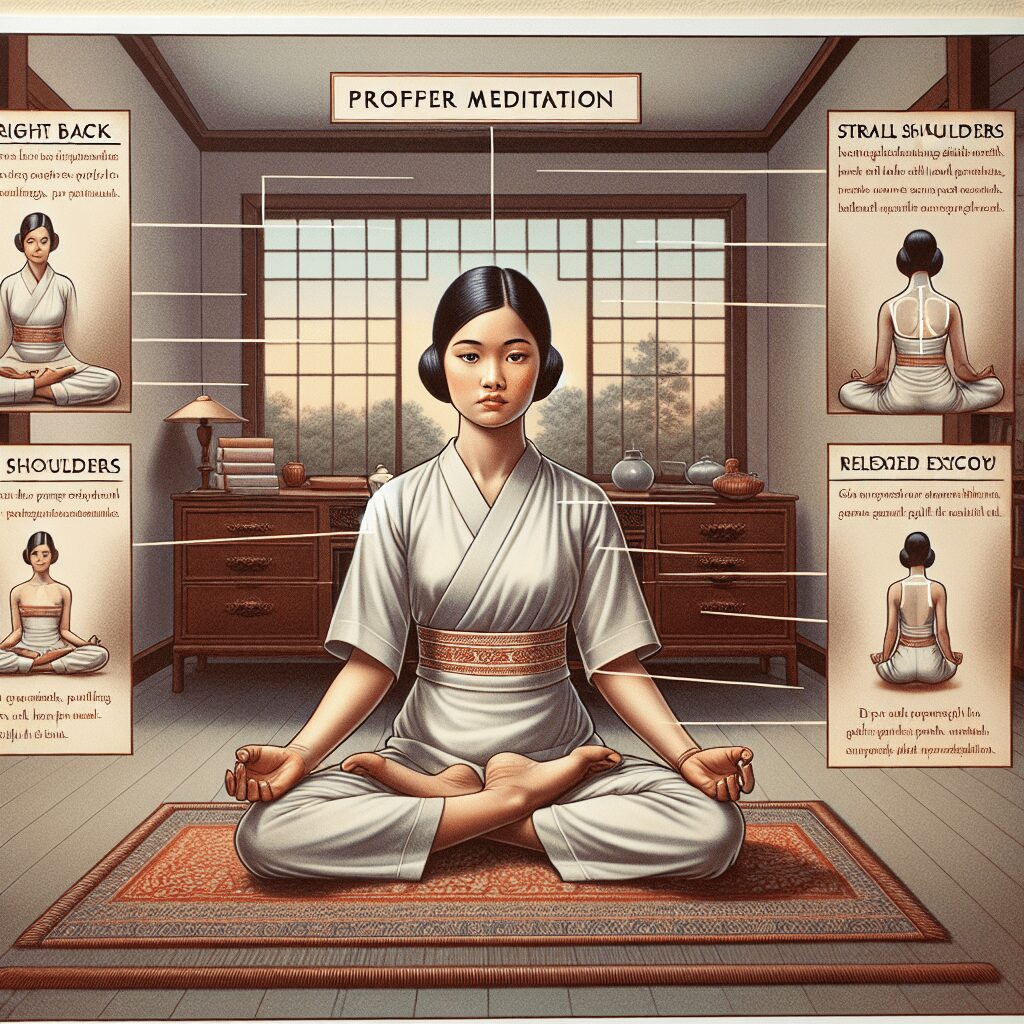
Prioritize your mental well-being daily. Enhance your life by nurturing your mental health with the Smart Meditation app. Break free from stress, alleviate anxiety, and enhance your sleep quality starting today.
Can Anxiety Lead To Waves Of Dpression?
Navigating the Storm: How Anxiety Can Herald Waves of Depression
In today’s high-speed, always-on world, it’s not uncommon for many of us to feel like we’re constantly running on the hamster wheel of life, trying to keep up with demands, deadlines, and the digital deluge. The result? A palpable tension in the air, a collective breath held too long – signs of anxiety that many of us shrug off as just another side effect of modern living. But here’s the rub: lurking beneath the surface, this persistent state of apprehension can often serve as a precursor to something more debilitating – waves of depression. What’s the connection, you ask? Buckle up as we dive deep into the intricacies of this relationship.
The Intricate Tango Between Anxiety and Depression
It’s no secret that anxiety and depression are like the infamous Bonnie and Clyde of mental health – where you find one, the other isn’t far behind. But why? To put it simply, living in a state of constant anxiety can be downright exhausting – mentally, physically, and even spiritually. Imagine running a marathon with no finish line in sight; that’s what anxiety feels like. And when the human body can’t keep up with this relentless pace, depression often swoops in, like a dark cloud following a storm.
-
The One-Two Punch: Chronic anxiety puts the body in a perpetual state of fight or flight, releasing stress hormones like cortisol and adrenaline into the bloodstream. Over time, this can lead to fatigue, irritability, and a loss of interest in life – all classic precursors to depression.
-
Sleep Struggles: It’s no secret that anxiety can turn bedtime into a battleground, making it hard to fall and stay asleep. And what happens when we don’t get enough shut-eye? Our brain’s ability to regulate emotions gets thrown off balance, making us more vulnerable to depression.
-
Social Isolation: Riding the waves of anxiety often means bowing out of social engagements, either because of the fear of judgment or a lack of energy. This self-imposed isolation can quickly spiral into loneliness, a well-known risk factor for depression.
So, where does this leave us? Recognizing the signs of the storm brewing is half the battle won. The next step? Finding your lighthouse.
Charting a Course Through Troubled Waters
Fortunately, navigating through the choppy waters of anxiety and depression isn’t a voyage you have to undertake alone. There are oodles of strategies and support systems designed to throw you a lifeline.
-
Mindfulness and Meditation: These age-old practices can work wonders in calming the tempest in your mind, helping you anchor in the present moment rather than getting swept away by the what-ifs of the future.
-
Professional Guidance: Sometimes, the best way to find your bearings is to seek the expertise of a mental health professional. Whether it’s through therapy, medication, or a combination of both, these navigators can help chart a course that’s right for you.
-
Building a Supportive Squad: Never underestimate the power of a strong support network. From friends and family to support groups and online communities, surrounding yourself with understanding allies can make all the difference.
In a nutshell, while the journey from anxiety to depression can seem like an inevitable descent into the abyss, it doesn’t have to be a one-way ticket. With the right tools, support, and a dash of resilience, you can navigate through the storm and emerge on the other side, stronger and more centered. Remember, it’s okay to ask for help along the way – because every lighthouse needs a keeper.





